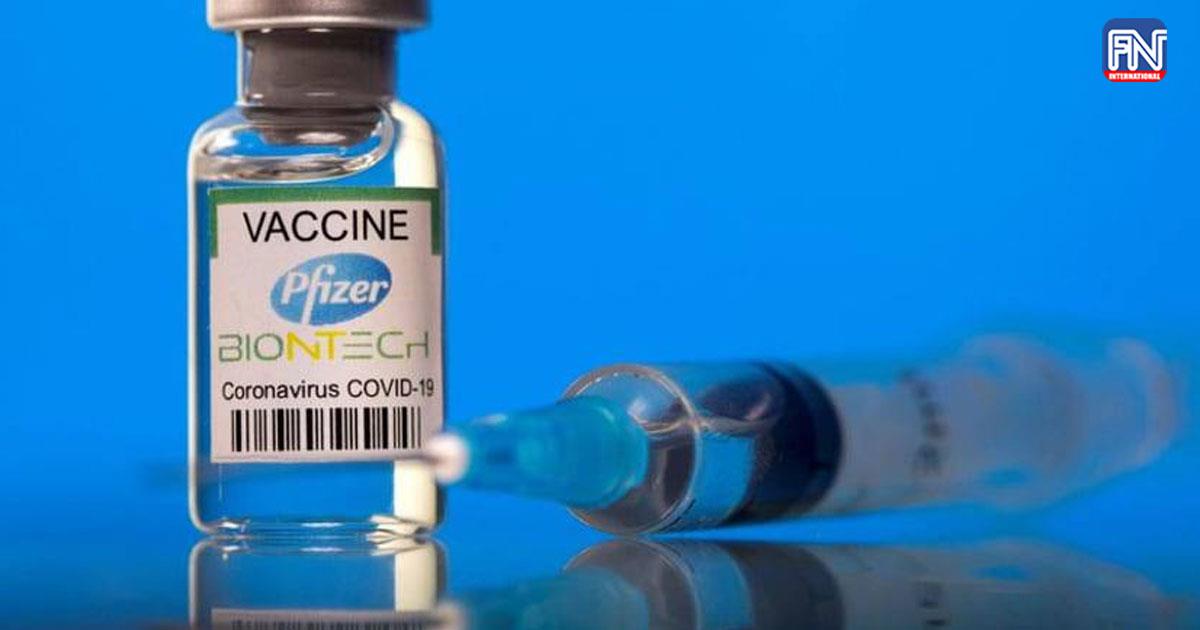SINGAPORE: Data in Singapore on the bivalent COVID-19 vaccines does not show an increased risk of ischaemic stroke linked to either of the updated Moderna or Pfizer-BioNTech shots, said the Ministry of Health (MOH) on Saturday (Jan 14).
The Health Ministry's statement comes after US federal health authorities lunched on investigation into preliminary safety concerns about potential increases risk of stroke in senior who received the bivalent vaccine.
"In Singapore, the local data accrued for the bivalent vaccines at this time does not show an increased risk of ischaemic stroke after receiving either the Moderna or the Pfizer-BioNTech/Comirnaty bivalent vaccine," said MOH.
"The safety profile of the bivalent mRNA vaccines has been observed to be similar to that of their monovalent versions."
An ischaemic stroke, also known as brain ischaemia, is caused by blockages in arteries that carry blood to the brain.
The preliminary safety concern about the Pfizer bivalent shot was detected by one of the US Centers for Disease Control and Prevention's monitoring systems known as the vaccine safety datalink (VSD).
It uncovered a possible safety issue in which people aged 65 and older were more likely to have an ischaemic stroke 21 days after receiving the Pfizer-BioNTech bivalent shot, compared with days 22 to 44.
However, the US CDC said in a statement on Friday that it is "very unlikely" that Pfizer's bivalent COVID-19 shot carries an increased risk of stroke for people aged 65 and older.
No other surveillance system has detected a similar safety concern so far, said the health agency.
"A large study of updated (bivalent) vaccines (from Pfizer-BioNTech and Moderna) using the Centers for Medicare and Medicaid Services database revealed no increased risk of ischemic stroke," said the US CDC.
It also noted that other countries have not observed an increased risk for ischemic stroke with the updated bivalent vaccines, adding that the matter requires more investigation.
On Saturday, Singapore's Health Ministry said multiple international studies have shown that receiving an updated bivalent COVID-19 vaccine reduces the risk of severe disease and death by multiple folds compared to not receiving it.
"It is important to remain up-to-date with COVID-19 vaccination to reduce one’s risk of severe COVID-19, and to protect against current and future variants," said MOH.
"The Health Sciences Authority (HSA) and Expert Committee on COVID-19 Vaccination (EC19V) assess that the benefit of both the Moderna and Pfizer-BioNTech/Comirnaty COVID-19 bivalent vaccines continue to outweigh the risks."
The committee continues to recommend that people get their bivalent booster doses, the ministry added, noting that the US has also not changed its prevailing recommendations for individuals to receive the shots.
The preliminary safety concern was picked up in one vaccine safety monitoring system, but not observed and validated in other US safety systems or analyses, nor by other countries, MOH noted.
"Pfizer and BioNTech have also stated in a statement that compared to published incidence rates of ischaemic stroke in this older population, they have to date observed a lower number of reported ischaemic strokes following vaccination with the bivalent vaccine," it added.
